|
I am a Ph.D. candidate at KAUST Computational Imaging Group, working with Prof. Wolfgang Heidrich. My research focuses on differentiable optical design and end-to-end imaging simulation. I explore the next generation computational cameras for mobile phones and smart glasses, from hardware design and computer vision. My representative work published in Nature Communications enables automated optical design. Based on this work, I maintain an open-source differentiable optical simulator DeepLens, which enables end-to-end optimization for optics, sensor, and neural network. DeepLens has a growing community with hundreds of users. Feel free to drop me an email if you are also interested! Email / Google Scholar / Github / LinkedIn / 知乎 |
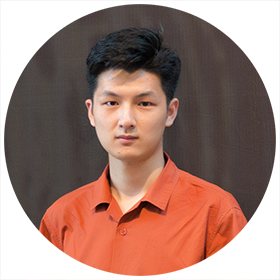
|
|
|
|
|
|
My research focuses on two topics: |
|
First author papers: |
|
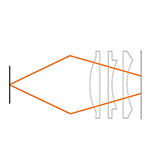 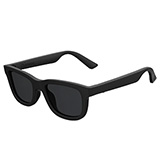
|
Xinge Yang, Chuong Nguyen, Wenbin Wang, Kaizhang Kang, Wolfgang Heidrich, Ginger Li ICCV Workshop 2025. Paper (Arxiv) / Paper (PDF) / Supp (PDF)
|
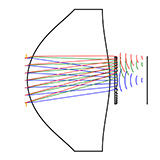 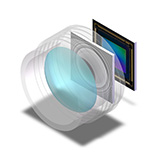
|
Xinge Yang, Matheus Souza, Kunyi Wang, Praneeth Chakravarthula, Qiang Fu, Wolfgang Heidrich Siggraph Asia 2024. Paper (Arxiv) / Paper (PDF) / Supp (PDF)
|
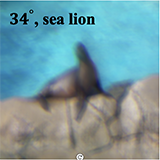 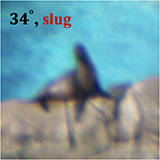
|
Xinge Yang, Qiang Fu, Yunfeng Nie, Wolfgang Heidrich Arxiv prepint. Paper (Arxiv) / Paper (PDF) / Supp (PDF)
|
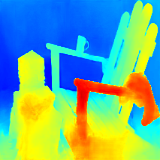 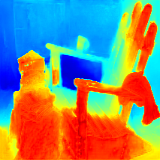
|
Xinge Yang, Qiang Fu, Mohamed Elhoseiny, Wolfgang Heidrich TPAMI & ICCP 2023. Paper (IEEE) / Paper (PDF) / Supp (PDF) / Project page / Code
|
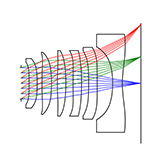 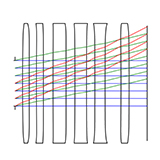
|
Xinge Yang, Qiang Fu, Wolfgang Heidrich Nature Communications 2024. Paper (Nature) / Paper (PDF) / Supp (PDF) / Code / Video
|
|
Co-author papers: |
|
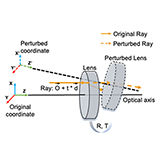
|
Jun Dai, Liqun Chen, Xinge Yang, Yuyao Hu, Jinwei Gu, Tianfan Xue Arxiv prepint 2025. Paper (Arxiv) Project page
|
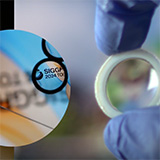
|
Mulun Na, Hector Jimenez-Romero, Xinge Yang, Jonathan Klein, Dominik L. Michels, Wolfgang Heidrich Siggraph Asia 2024. Paper (PDF), Project page
|
|
|
|
Last updated: 10/21/2025 The website template is from Dr. John Barron. |